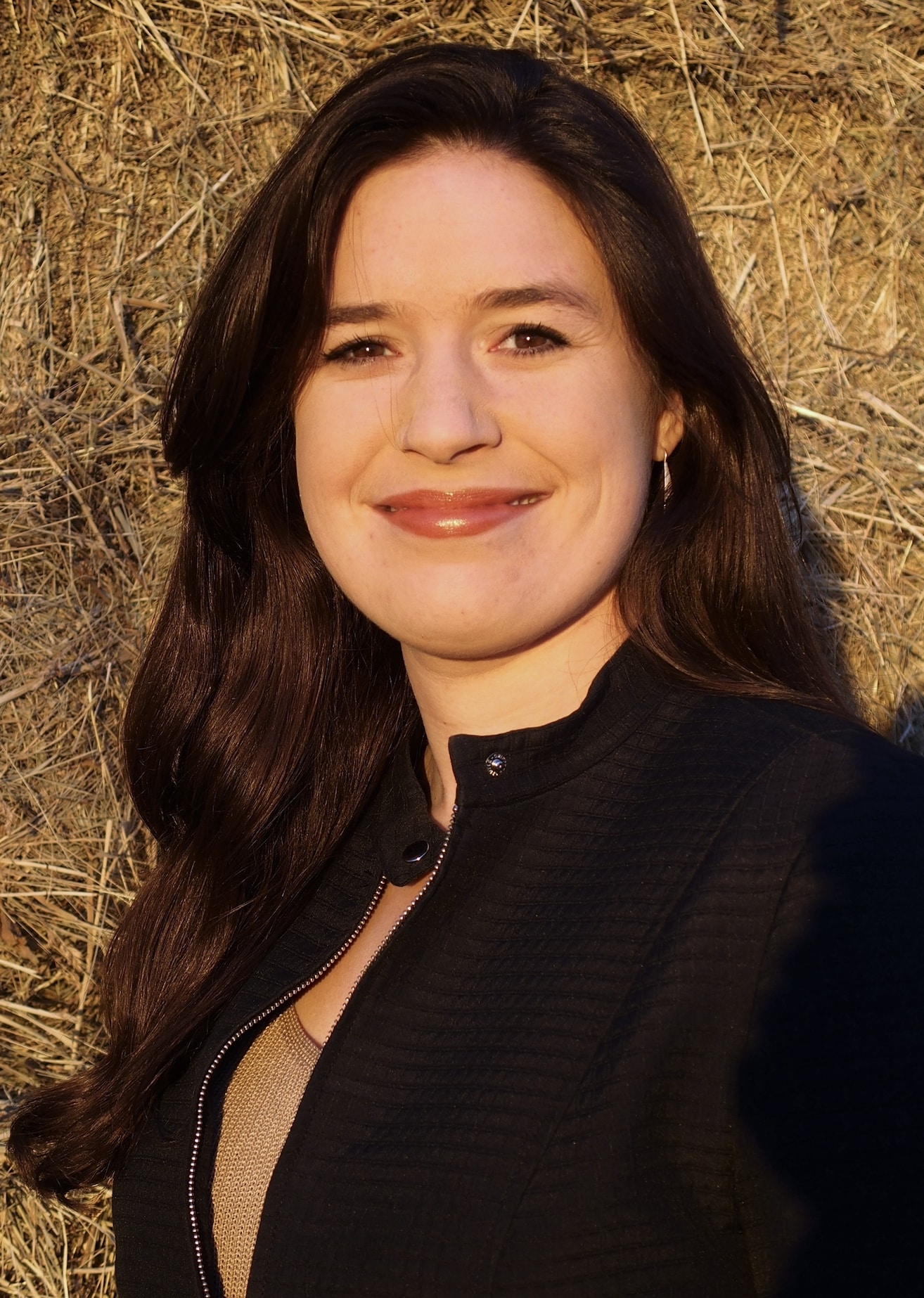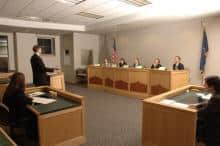December 8, 2020
As the semester draws to a close, the 2L students at VLS have completed a major rite of passage.

Appellate arguments are a chance for students to put into practice everything they’ve learned in the previous semesters. In the required Appellate Advocacy course, students spend the semester researching a case that is currently pending before the United States Supreme Court. They are assigned to act as the lawyer for one side and spend the semester researching their case and participating in practice moots before the Moot Court Advisory Board, comprised of 3L students. It all leads up to the argument, where they present their case before a panel of guest judges, all of whom are practicing lawyers and judges.
“It’s the first time you really feel like a lawyer,” said Lauren Wustenberg, president of the Moot Court Advisory Board. “Everyone has a reason they came to law school, and appellate is a chance to feed that. You get to find that opportunity to use your voice and advocate for a side.” Once the two-week period of oral arguments has ended, the Moot Court Advisory Board compiles the scores and grades of the students. The top-24 students are then awarded the opportunity to take Advanced Appellate Advocacy in the spring, where they work in pairs and compete in the Debevoise Moot Court Competition. Next fall, they’ll serve as the Moot Court Advisory Board.

Appellate Arguments at VLS (file photo)
While all law schools require at least one semester of legal writing, and many require two, Vermont Law School is unusual in that it requires three semesters. VLS also brings its entire community into the Appellate Advocacy process. Many of the guest judges are VLS alumni, professors, or friends of the program. In an ordinary year, 1L students serve as bailiffs for the arguments, giving them an opportunity to observe the process first-hand. This year, however, with arguments taking place online, helpful members of the 3L class stepped into that role, as well. Though the class has a well-earned reputation for being challenging, many students also find it extremely rewarding. Pre-COVID, students would often travel to Washington, D.C., to hear the actual lawyers in the case present their arguments. As a mentor, Wustenberg noticed how much students grew throughout the process, refining their arguments and along the way gaining confidence.
“It’s very easy to hear students going through the process talk about how stressful and terrifying it is, but there are people who will support you through it. It’s a difficult class, but a wonderful opportunity to be the advocate you want to be. There aren’t really very many other classes where you get to work with a whole host of other students. To be able to meet with a whole bunch of students, hear how they approached it, and get tips and tricks from them is a great opportunity.”
– Moot Court Advisory Board President Lauren Wustenberg JD’21